The Promise of Web3 Privacy Coins and Decentralized Payments
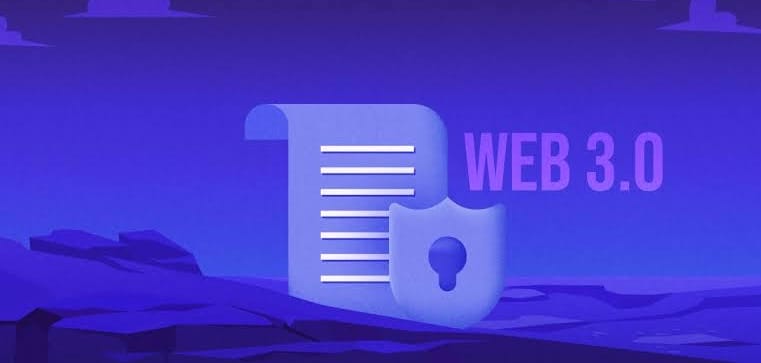
As the internet continues to evolve, so does the way we interact with digital finance. The rise of Web3 technologies, powered by decentralized networks and blockchain, is revolutionizing how we think about privacy, security, and trust online. One of the most exciting and controversial aspects of this evolution is the emergence of privacy-focused cryptocurrencies, such as Monero and Zcash. These privacy coins, combined with decentralized payment systems, have the potential to reshape the global financial landscape by offering more secure, anonymous, and transparent ways to transact online.
In this article, we will explore the role of privacy coins in the Web3 ecosystem, how they integrate with decentralized payment systems, and the promises they hold for the future of financial privacy.
Understanding Privacy Coins in Web3
Privacy coins are a subset of cryptocurrencies designed to enhance the privacy and anonymity of users, ensuring that transactions and personal data remain confidential. Unlike traditional cryptocurrencies like Bitcoin or Ethereum, which are built on public blockchains where transaction details are visible to anyone, privacy coins utilize advanced cryptographic techniques to obscure transaction information.
Monero: The Privacy Pioneer
Monero (XMR) is often regarded as the leading privacy coin, and for good reason. Launched in 2014, Monero uses a variety of cutting-edge privacy technologies to ensure that its transactions are completely anonymous. Key features of Monero’s privacy model include:
- Ring Signatures: This cryptographic technique obfuscates the sender’s identity by mixing their transaction with others, making it impossible to determine the exact origin of the transaction.
- RingCT (Ring Confidential Transactions): RingCT ensures that the amount of cryptocurrency being sent is hidden from public view, further enhancing transaction privacy.
- Stealth Addresses: These unique, one-time addresses are generated for each transaction, ensuring that even the recipient’s identity remains private.
These features, along with others, make Monero an ideal solution for users seeking to maintain their privacy while transacting on the blockchain.
Zcash: A Zero-Knowledge Protocol
Zcash (ZEC), launched in 2016, is another prominent privacy coin. What sets Zcash apart from other privacy coins is its use of zero-knowledge proofs (zk-SNARKs). This advanced cryptographic technique allows users to prove the validity of a transaction without revealing any information about it, such as the sender, receiver, or the amount involved.
Zcash offers two types of addresses:
- Transparent addresses: These are similar to Bitcoin addresses, where transaction data is publicly visible.
- Shielded addresses: These addresses use zk-SNARKs to keep transaction details hidden, providing full privacy.
Zcash’s approach to privacy gives users the flexibility to choose between transparent and shielded transactions, making it a versatile option for those who prioritize privacy but still want the option to transact in a more public manner.
The Role of Privacy Coins in Web3 Decentralized Payments
Web3 is the next generation of the internet, where decentralized protocols and technologies replace centralized control. One of the most important components of Web3 is the use of decentralized payment systems, which enable peer-to-peer transactions without the need for intermediaries like banks or payment processors.
Decentralized Payment Networks
In a decentralized payment system, transactions are processed directly between users, with no central authority overseeing the process. Blockchain technology is the backbone of these systems, ensuring transparency, security, and immutability. Cryptocurrencies, including privacy coins, serve as the medium of exchange within these systems.
Privacy coins are well-suited for decentralized payment networks because they provide an added layer of security and anonymity. In Web3, users are increasingly concerned about their data privacy, and privacy coins offer a way to keep financial transactions private. The integration of privacy coins into decentralized payment systems can help create an ecosystem where users can transact securely, without the risk of exposing sensitive information.
Integration into Web3 Ecosystem
The integration of privacy coins into Web3 payment systems offers several advantages, particularly when it comes to protecting user data and promoting financial freedom. Here are a few ways privacy coins contribute to the Web3 ecosystem:
- Enhanced User Privacy: With growing concerns over data privacy and surveillance, privacy coins like Monero and Zcash give users the ability to keep their financial activities private. In an age where data breaches are common, the ability to maintain financial anonymity is crucial.
- Decentralization and Security: Privacy coins align perfectly with the decentralized ethos of Web3. They allow users to transact without relying on centralized financial institutions, giving them full control over their assets. This is especially important in regions where financial institutions are mistrusted or unavailable.
- Censorship Resistance: A major advantage of decentralized payment systems is that they are censorship-resistant. Privacy coins, being part of these systems, are not subject to control or censorship by any central authority. This ensures that users can send and receive payments freely, without the risk of having their transactions blocked or restricted.
- Smart Contracts and Privacy: As Web3 continues to develop, the use of smart contracts is becoming more widespread. These self-executing contracts, built on blockchain platforms like Ethereum, facilitate decentralized transactions without the need for intermediaries. Privacy coins can be integrated into smart contracts to ensure that the terms of the contract remain private and that the identities of the parties involved are protected.
- Financial Inclusion: Privacy coins can also promote financial inclusion, especially in regions with weak or non-existent banking infrastructure. By offering a way for individuals to make transactions securely and privately, privacy coins can provide access to global financial networks for people who might not otherwise have it.
Challenges and Considerations
While privacy coins offer tremendous potential, there are also challenges and concerns associated with their use. Here are some of the key issues that need to be addressed:
- Regulatory Uncertainty: Governments around the world have taken varying stances on privacy coins. Some view them as tools for money laundering and other illicit activities, while others see them as a way to enhance financial privacy. As regulations around cryptocurrencies evolve, privacy coins may face increased scrutiny and potential restrictions.
- Scalability: Both Monero and Zcash face scalability challenges due to the computational resources required to process privacy-enhancing transactions. As these coins gain more adoption, solutions will be needed to improve scalability without compromising privacy.
- Public Perception: The association of privacy coins with illicit activities, such as money laundering or dark web transactions, can harm their reputation. To achieve mainstream adoption, privacy coins must work to shift public perception and demonstrate their legitimate use cases.
- Interoperability: For privacy coins to be fully integrated into the Web3 ecosystem, they need to be able to interact seamlessly with other blockchain networks and decentralized applications (dApps). Building bridges between privacy coins and other platforms is crucial to ensuring a smooth user experience.
The Future of Web3 Privacy Coins
The future of privacy coins in Web3 is bright but uncertain. As demand for privacy and decentralization increases, it’s likely that privacy coins will become more integrated into the broader Web3 ecosystem, enabling more secure, anonymous, and efficient decentralized payment systems. The key will be finding the right balance between privacy, scalability, and regulatory compliance.
The promise of privacy coins and decentralized payments lies in their ability to empower users to take control of their financial lives, free from surveillance, censorship, and centralized authorities. With continued innovation, privacy coins like Monero and Zcash could play a pivotal role in shaping the future of Web3 and decentralized finance.
Conclusion
Privacy coins, such as Monero and Zcash, offer a powerful solution to the growing demand for financial privacy in the Web3 ecosystem. By integrating these coins into decentralized payment networks, we can create a more secure, private, and user-centric financial system. While challenges remain, the potential of privacy coins to reshape how we transact, store wealth, and protect our data is undeniable. As Web3 continues to evolve, privacy-focused cryptocurrencies will likely play an integral role in building a more decentralized and private internet.
References
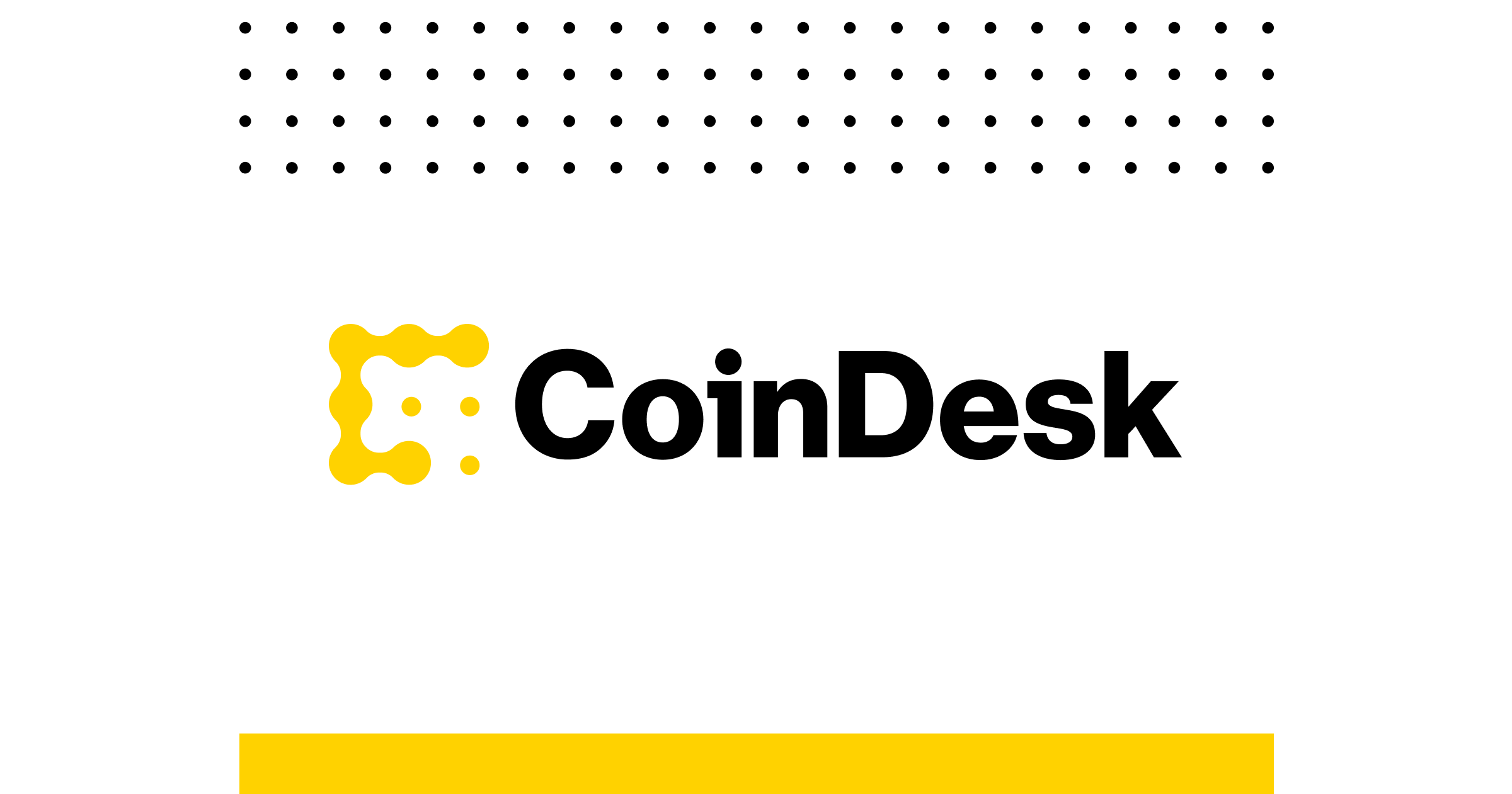


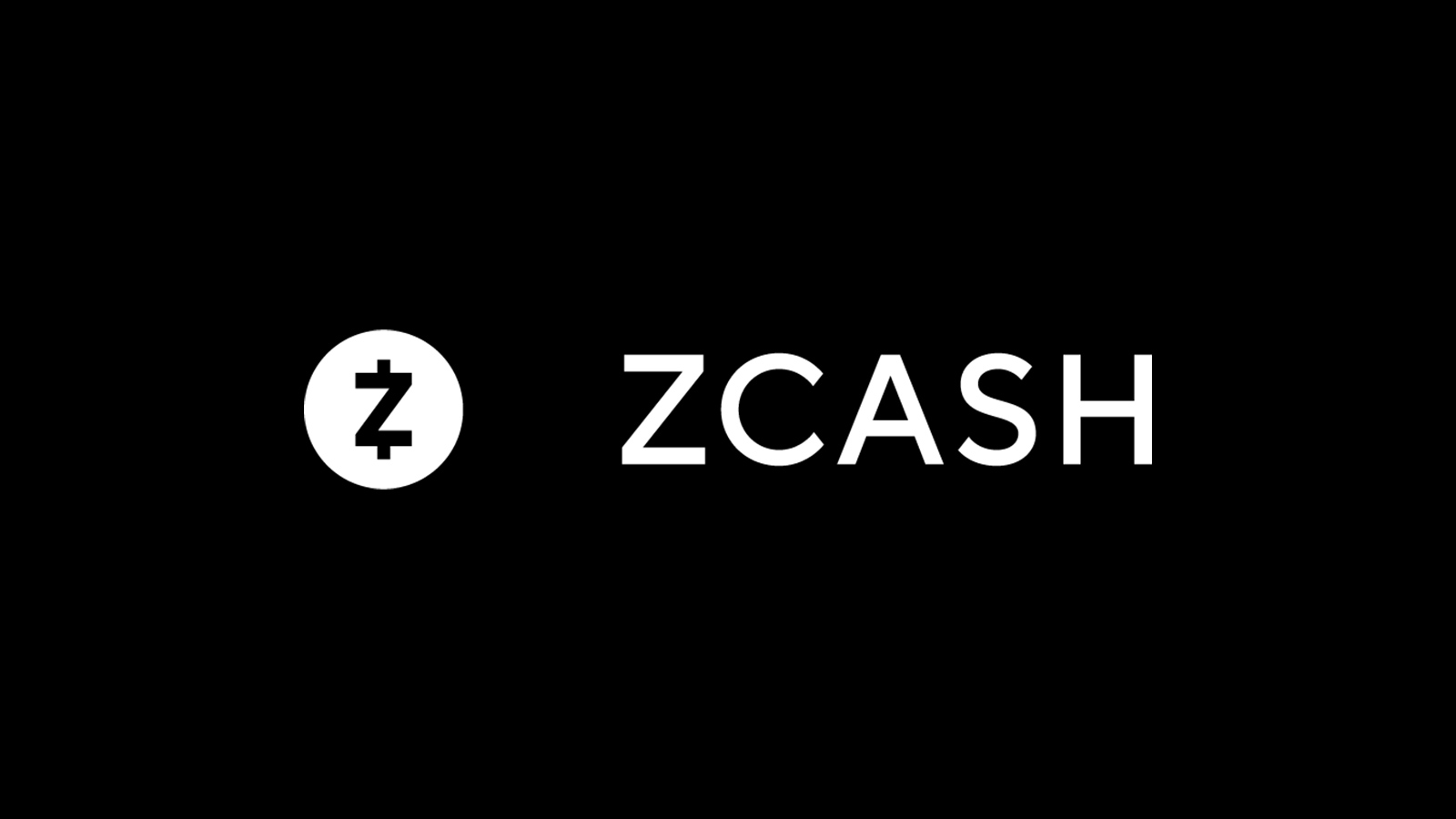

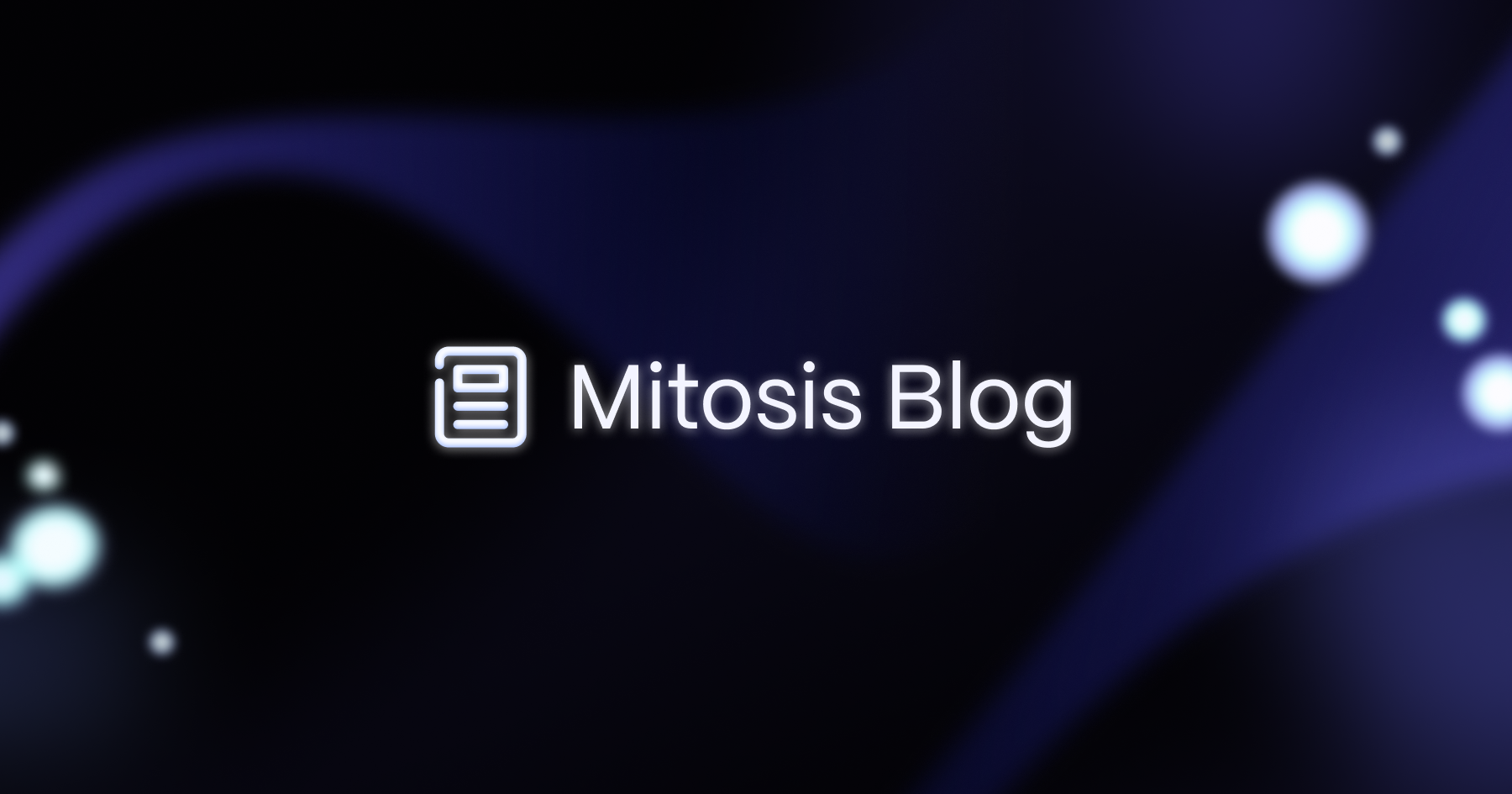








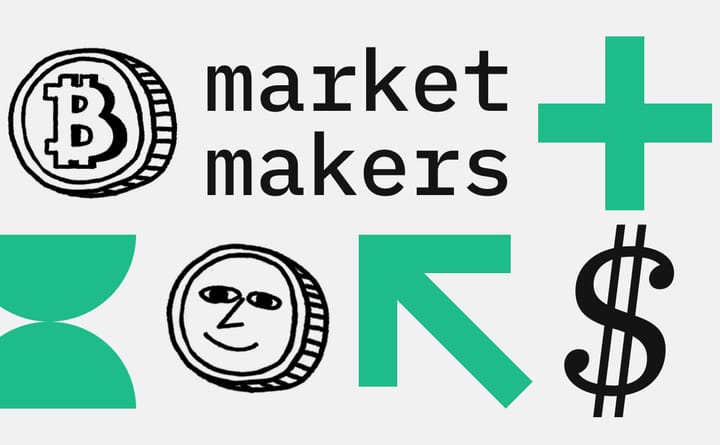

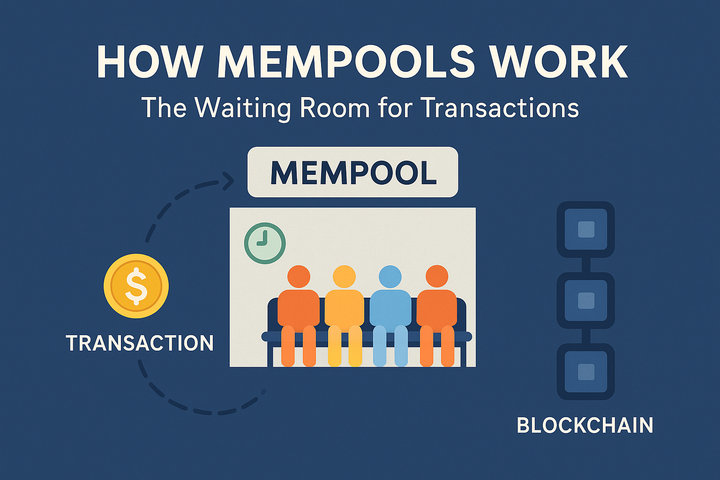
Comments ()